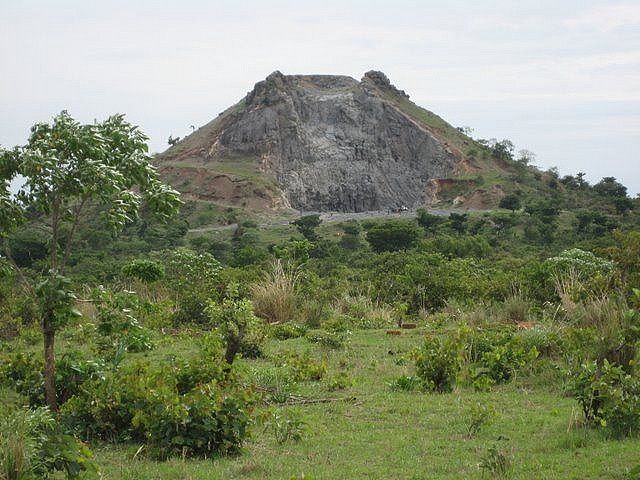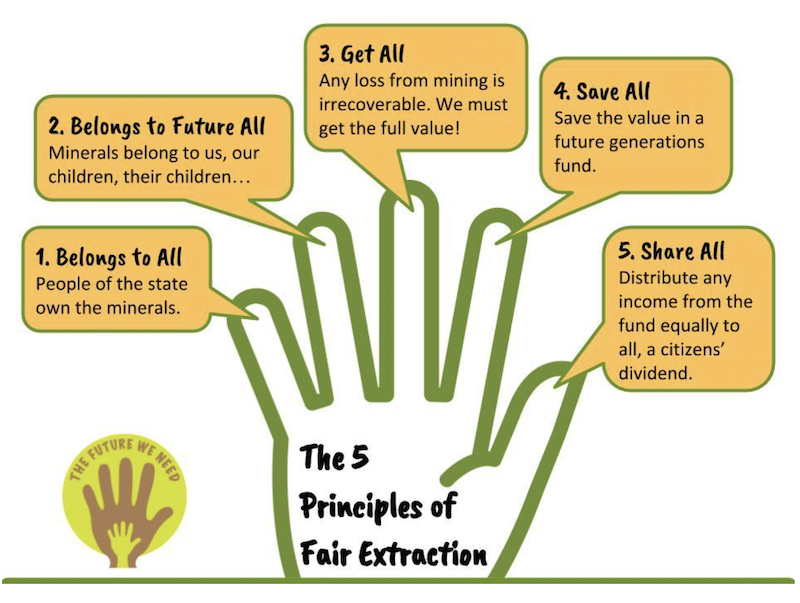The PWYP coalition in Cameroon is calling for EITI standards to include climate change
By publishing an encyclical on the protection of nature protection, Pope Francis wanted to offer the world a contribution of the Church to solve the ecological crisis that humanity is currently facing. He has invited national Civil Society Organisations involved in the ecological field, such as the PWYP coalition in Cameroon, to be at the forefront of ecological conservation.
Climate change is no longer mere scientific theories: our lifestyles and our daily consumption emit large amounts of greenhouse gas (GHG) emissions. The current climate change is mainly related to the emission of greenhouse gases from human activities. More than 3/4 of these emissions are because of carbon dioxide (CO₂). The consumption of fossil fuels (power generation, vehicle fuel, heating of housing, industry) is, by far, the most incriminating sector. The changing use of lands, including deforestation, comes in second place in terms of responsibility for the increase in global emissions of greenhouse gases. accounting for 17% of global emissions.
Cameroon, like many other developing countries, is particularly vulnerable to the effects and impacts of climate change regardless of the origins of greenhouse gases. We may not be polluting as much as others, but we will probably be more affected than many other countries. And this single perspective must be an urgent inquiry for our country.
The unreliable and changing seasons have had an alarming impact on the periods of agriculture and have created an enormous challenge for the Cameroonian farmer on his/her living conditions.
This is a major challenge of humanity. As the exploitation of natural resources contributes to high levels of emissions: should we necessarily use all the resources at our disposal? Should we not sometimes abstain, especially when the potential benefits may be insignificant compared to the damage that they could contribute to the climate, our lifestyles and our sources of revenue? Moreover, is it not time for the EITI to adopt requirements to monitor climate risk?
It goes without saying that the needs in terms of capacity building of actors responsible for this monitoring will increase. However, through a cost / benefit analysis, there is no need to doubt about the urgency of this. It is also an opportunity to see new players better equipped on the climate risk issue to join the monitoring of the implementation of a new “climate sensitive EITI standard.”
If such requirements were adopted into the EITI standard, it would be a major step forward, in terms of production practice of disclosure by extractive industries, and a move that Publish What You Pay Cameroon fully support. The coalition is now looking at COP 21 scheduled in a few weeks in Paris to see if it keeps its promises.











